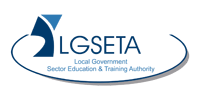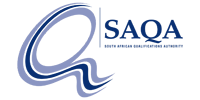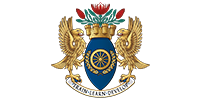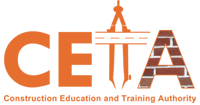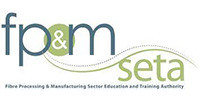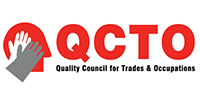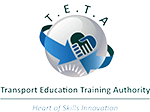Are you interested in taking part in a first aid training course? Having experience in the first aid field is one way to help the people around you during an incident resulting in injury. When taking part in first aid training, you will learn the four most important skills to have during first aid-related incidents.
If you would like to take part in first aid training, contact EMCARE Training academy. We have many different training courses to offer. Continue reading to find out what first aid training entails and what skills you can gain from taking a first aid course.
Four Important Skills For Administering First Aid
There are so many different scenarios in which first aid training may be useful. You may be minding your own business at work, walking around a shopping mall, or eating dinner with your family. Then, suddenly, a family member, stranger, or coworker collapses.
Would you know how to respond to that crisis? Luckily, during first aid training, you will be taught four very important skills that will help you in situations like those mentioned above. These four skills include CPR, allergy response, wound care, and the Heimlich Maneuver.
- CPR is a very important part of first aid. This is done to pump blood as well as oxygen to the vital organs and brain of an unresponsive individual. CPR stands for cardiopulmonary resuscitation and has saved many lives in the past.
- Allergy response involves administering an epinephrine auto-injection to an individual experiencing a severe allergic reaction to something. Taking part in first aid courses will teach you how and when to use an epinephrine auto-injection.
- A big part of training in first aid involves learning how to treat lacerations, puncture wounds, and abrasions. Abrasions should be washed with soap and water, and then a plaster or bandage should be placed over the wound. Lacerations require direct pressure. You’ll learn exactly how to handle injuries like these during your EMCARE course.
- Knowing how to handle choking incidents is important. Choking incidents are usually handled by administering the Heimlich manoeuvre while standing behind the choking individual. Place your fist above the naval, grasp your fist with your other hand, and thrust at a 45-degree angle. You can learn how to expertly handle this procedure by taking a course in first aid.

All these skills are important to learn. You never know when you may find yourself in any of these emergency situations. Contact EMCARE Training Academy to find out all the information you need regarding our first aid course. You can also find all the necessary information about our courses on our website.
First aid courses involve both theoretical and practical elements. Individuals will have the opportunity to take part in demonstrations. These training courses also require individuals to complete a test at the end of the course to receive a certificate of completion.
What to Expect When Attending First Aid Training
It may seem daunting going for first aid training, especially if you do not have background knowledge on the subject. Fortunately, any good first aid course will not expect any participants to have existing knowledge of emergency response or first aid.
It may be better to go into the training course ready to learn instead of trying to teach yourself before you take part in a training course. In some cases, teaching yourself before a training course may cause confusion when learning the different techniques.
All you need to do is arrive on time, with an open mind and a good attitude. Furthermore, it is recommended to wear casual loose-fitting clothing. There are a lot of practical elements involved with training in first aid, therefore, ensure that the clothes you wear are comfortable.
Additionally, keep in mind that attending only free first aid training may not provide you with all the skills and training that you will need in emergencies. Free courses may be beneficial for an introduction to the different life-saving methods you may use.
However, these courses may be limited, and you will not receive an accredited certificate once you have completed the free training. If you are interested in first aid training, it is recommended to sign up for one that will assist you in becoming a professional in first aid.
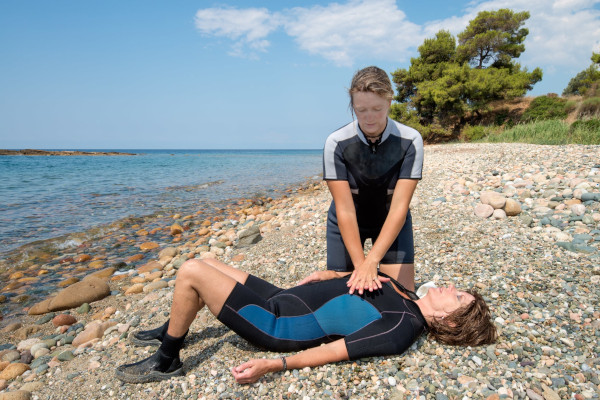
What Are the Roles and Responsibilities of First Aiders?
First aiders are experts who are trained to look after wounded individuals in emergencies. They ensure that these individuals are safe until they can be hospitalised. First aiders are responsible for taking care of injured or sick individuals.
The roles of first aiders include maintaining the airways, applying pressure, performing cardiopulmonary resuscitation or CPR, and supporting any injured limbs. Their responsibilities include providing individuals with immediate lifesaving medical care.
First aiders are responsible for treating small conditions such as external bleeding, wounds, and minor injuries. An important role of first aiders is to make sure that injured or ill individuals are safe before further medical help can arrive and take place.
First aiders need to have certificates to verify their first aid training. This ensures that first aiders know how to handle first aid-related situations properly. Moreover, in workplaces, one or more individuals are nominated to be the company’s first aiders.
All companies should have a few staff that have been nominated and trained in first aid. This ensures that there are people in the workplace that will know how to help others if an emergency occurs.
Workplace first aiders should receive the necessary training and first aid certificates. Having first aiders in the workplace may help prevent emergencies from escalating while waiting for full medical services to arrive.

Why is First Aid Important?
First aid is vital in situations where full medical treatment is not yet available. First aid is recognised around the world for its importance. Here’s a quick summary of how professionals in first aid can assist in emergency situations:
- Preserving life. First aiders need to ensure not only the safety of injured or sick individuals but also take into account the safety of themselves and bystanders.
- Preventing deterioration. First aiders need to keep injured or sick individuals’ conditions stable and keep them away from further injury or harm.
- Promoting recovery. First aiders not only promote first aid care but also provide injured or ill individuals with relief and help in aiding recovery.



